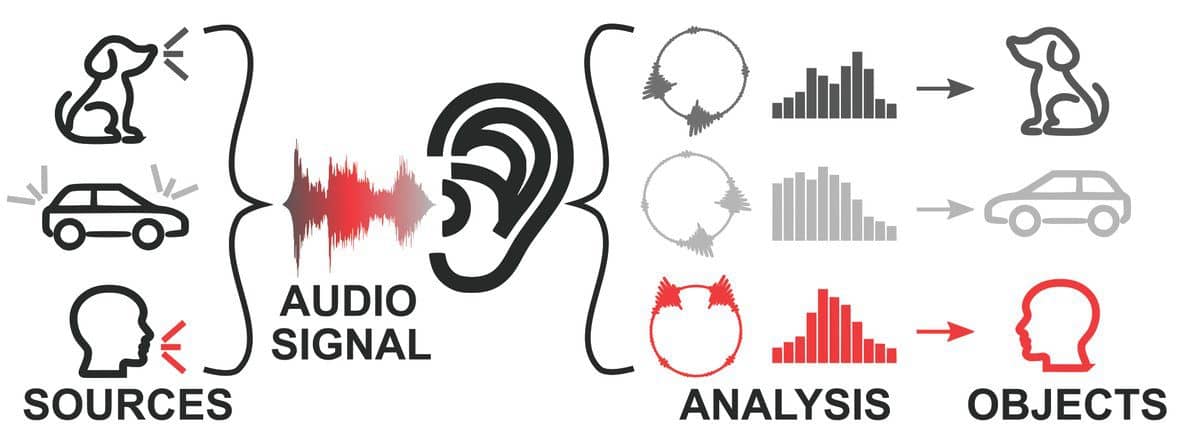Using the Mismatch Negativity (MMN) to Evaluate Split Processing in Hearing Aids
Mismatch negativity (MMN) is a well-documented brain signal that appears in the electroencephalogram (EEG) when the auditory system detects an unexpected sound. More recently, the MMN (which doesn’t require the listener’s active participation) has been used to determine if different hearing aid features support or augment a listener’s tracking of changing speech sounds from a single voice out of many. This study shows that the Signia Augmented Xperience (AX) platform and its Augmented Focus (AF) system—which splits the incoming sound into two separate signal streams—increases the contrast between sounds in a “cocktail party”-type setting and enhances listeners’ tracking of changing phonemes. Further, the results suggest the behavioral advantages are probably bottom-up in nature, meaning that AF also likely reduces the effort/fatigue experienced by the wearer when trying to communicate in noisy environments.

